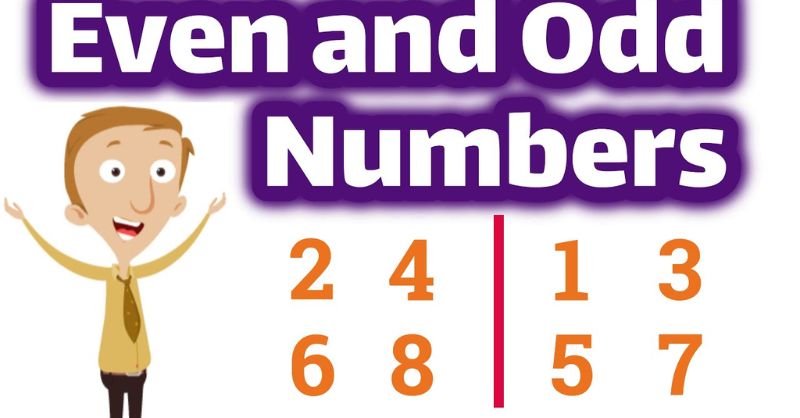Payroll administrators and payroll managers are still in high demand across the United States and the United Kingdom, so it makes sense why professionals are interested in these positions. But to break into the financial industry, you’ll need a specific set of hard and soft skills.
20 Skills All Payroll Administrators and Managers Need
Payroll managers and administrators can’t just take a course on bookkeeping or get a degree and call it a day. To be successful in this industry, you’ll need the following twenty skills.
1. Attention to Detail
In payroll administration or management, you must possess exceptional attention to detail. Since you’ll be dealing with large volumes of data, maintaining accuracy is important for preventing costly mistakes in employees’ payments and when making end-year tax payments.
2. Time Management
You need great time management skills as you juggle multiple tasks, such as processing payroll, reconciling accounts, and completing government filings. Being able to prioritize certain payroll tasks and complete them within deadlines is essential for success in both financial roles.
3. Analytical Skills
Having strong analytical skills helps when working with complex financial data and making well-informed decisions on matters like wage adjustments or tax withholdings. In addition, being able to spot patterns and trends makes it easier to remain compliant with financial regulations.
4. Communication Skills
Strong communication abilities are necessary for cooperating with colleagues at various levels, whether they’re entry-level employees or higher-ups. You’ll need to know how to discuss touchy financial matters, like late paychecks or budgetary concerns, calmly, empathically, and directly.
5. Empathy and Emotional Intelligence
Being empathetic means understanding employees’ concerns regarding financial matters. Tending to these worries thoughtfully allows for better relations within your work environment while preventing unnecessary misunderstandings or disruptions in your company’s operations.
6. Numerical Proficiency
An aptitude for numbers (or a love for them) is essential in a payroll career due to constant interactions with numerical information like employee hours, pay rates, tax rates, and more. Strong numerical skills ensure accurate calculations of paychecks and deductions.
7. Understanding of Payroll Systems
Getting familiar with different types of payroll systems, like cloud-based software, is highly beneficial. These systems simplify payroll with software solutions, streamlining the process of calculating salaries, creating payslips, and issuing payments to employees. Moreover, they can make even the most complicated payroll matters, such as payroll tax calculations, incredibly simplistic.
8. Financial Reporting and Analysis
Expertise in financial reporting helps you provide information to company decision-makers regarding labor expenses and managing budgets effectively. Furthermore, being capable of analyzing this data ensures compliance with financial regulations and drives improvements.
9. Technical Prowess
Proficiency in using relevant technology can significantly increase efficiency when it comes to performing tasks like payroll calculations and record keeping. While not necessary, developing programming or spreadsheet expertise gives you a competitive edge regarding productivity.
10. Knowledge of Tax Laws & Regulations
For smooth operations in your role as a payroll administrator or manager, be well-versed in local labor laws regarding taxes (including income tax withholding rates), tax breaks, and benefits that might affect employees’ wages, like overtime policies or holiday entitlements.
11. Confidentiality and Discretion
Ensuring privacy by handling sensitive information about individuals’ finances plays a crucial part in building trust amongst your teammates. Payroll administrators and managers need to be familiar with topics such as secure record keeping and how to exercise discretion fairly.
12. Problem-Solving Skills
As a payroll professional, you will face various challenges ranging from tax discrepancies to system errors. For this reason, having a solution-oriented mindset helps address issues efficiently and expediently. Conflict resolution is essential for touchy subjects like finances.
13. Customer Service Orientation
Your ability to provide excellent customer service to both internal and external stakeholders plays a significant role in maintaining smooth office dynamics. If you have a customer-facing role, this skill becomes invaluable when you’re trying to speak to your clients or customers.
14. Adaptability and Flexibility
In fast-paced settings like payroll management and administration, changes in rules or situations happen often. Effective adaptability and flexibility help you navigate developments related to taxation rates or any other regulatory fluctuations without disrupting workflow.
15. Teamwork Skills
Collaborating seamlessly with colleagues from other departments (such as human resources) is important for ensuring consistency across the organization. Your organization should be on the same page with topics like employee data management and payroll processing procedures.
16. Continuous Learning Mentality
Having an open mind toward continuous learning ensures that you stay updated on the ever-evolving landscape of taxation regulations and payroll technologies. Not only does this make you indispensable, but it also gives you more opportunities for advancement.
17. Multitasking Abilities
In payroll administration or management, efficiently handling multiple responsibilities is crucial. You’ll need to handle multiple tasks such as processing payroll for numerous employees, auditing timesheets, and preparing reports simultaneously while keeping to strict deadlines.
18. Reliability and Dependability
Companies greatly appreciate professionals they can rely on. Ensuring all employees receive their correct wages on time is a cornerstone of maintaining trust within the organization, as it demonstrates that you’re trustworthy and gives peace of mind to your team and the workforce.
19. Project Management Skills
Streamlining processes, coordinating with various department stakeholders, and implementing new policies are skills all payroll professionals should learn. These project management skills go a long way in ensuring optimal efficiency in payroll admin and management operations.
20. Cross-Cultural Competence
Whether you’re working with an international organization or one at home, cross-cultural competence will be a necessary skill. Not only will it help you manage a diverse team, but it will also allow you to address region-specific laws and conduct negotiations on a level playing field.
In Conclusion…
Pursuing a successful career as a payroll manager or administrator takes a bit of work, but these skills will make it easier for you to achieve your goals. If you lack any of the above skills, we recommend that you take a course to practice these essential hard and soft skills.








 June 28, 2023
June 28, 2023






